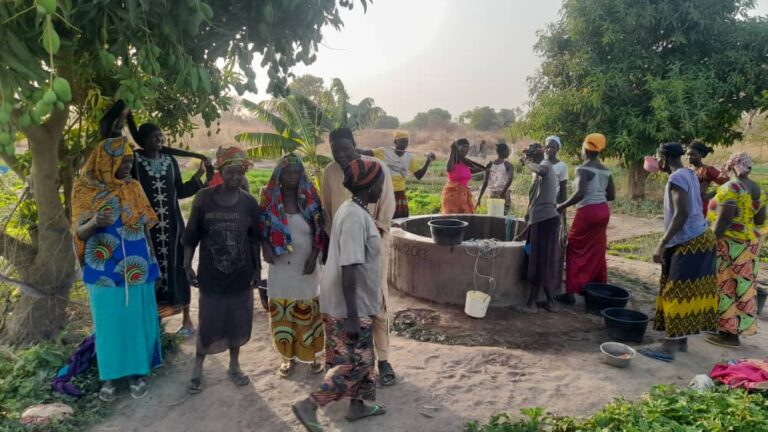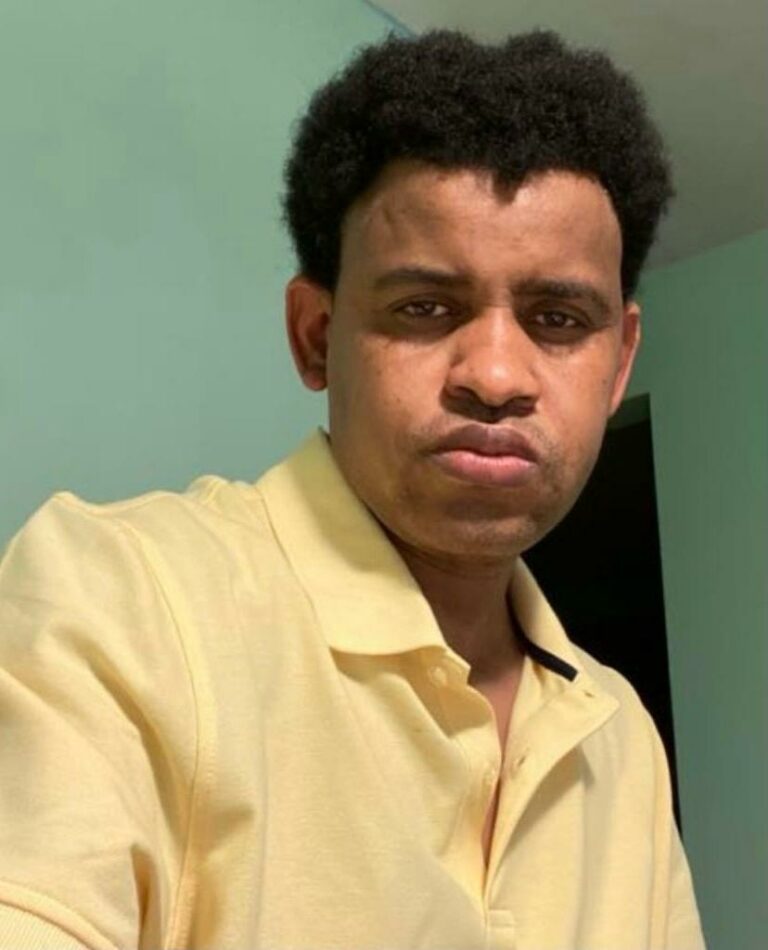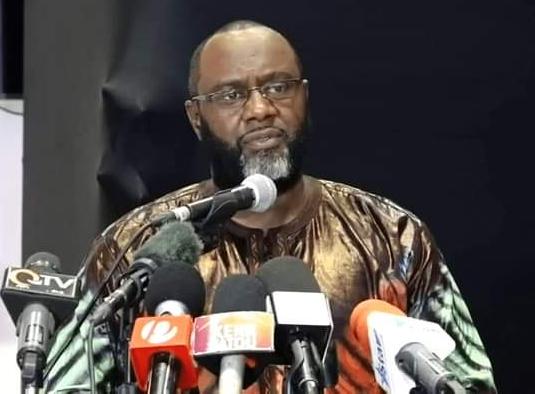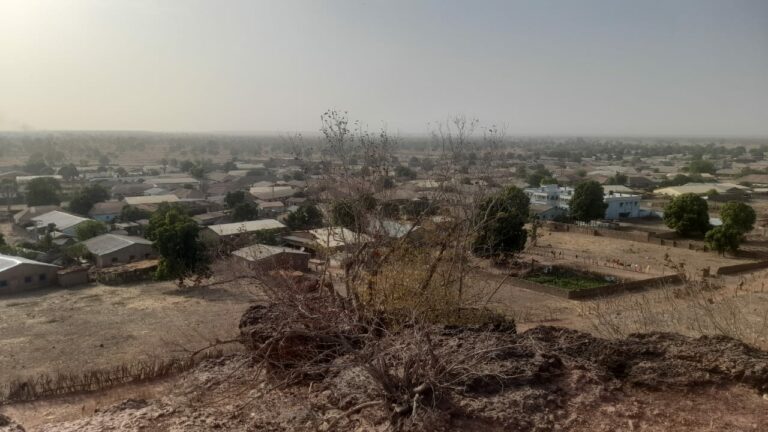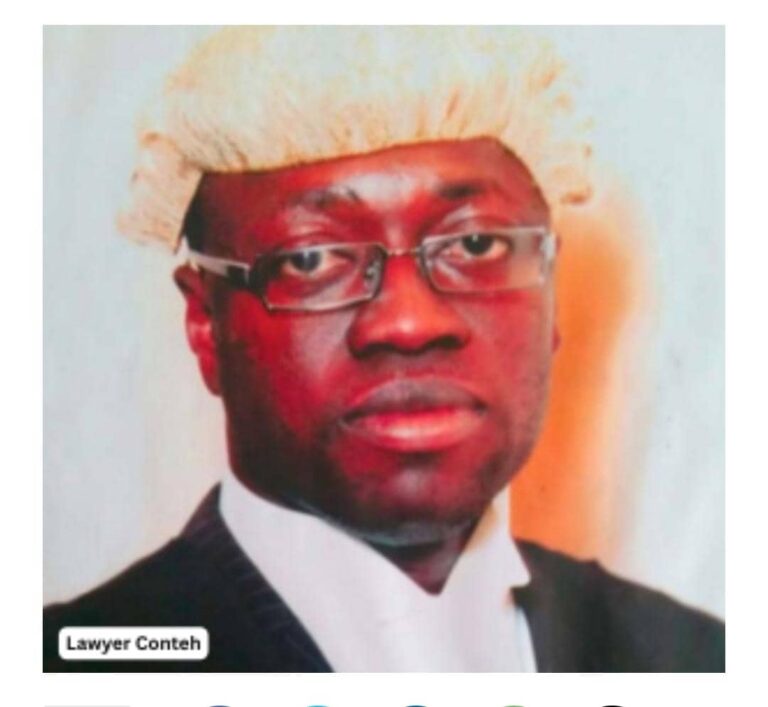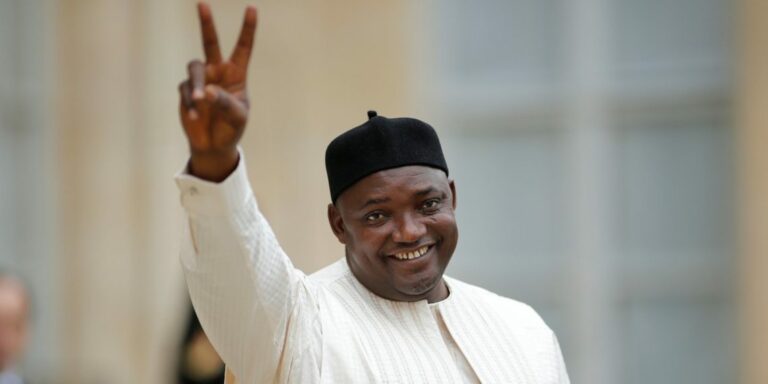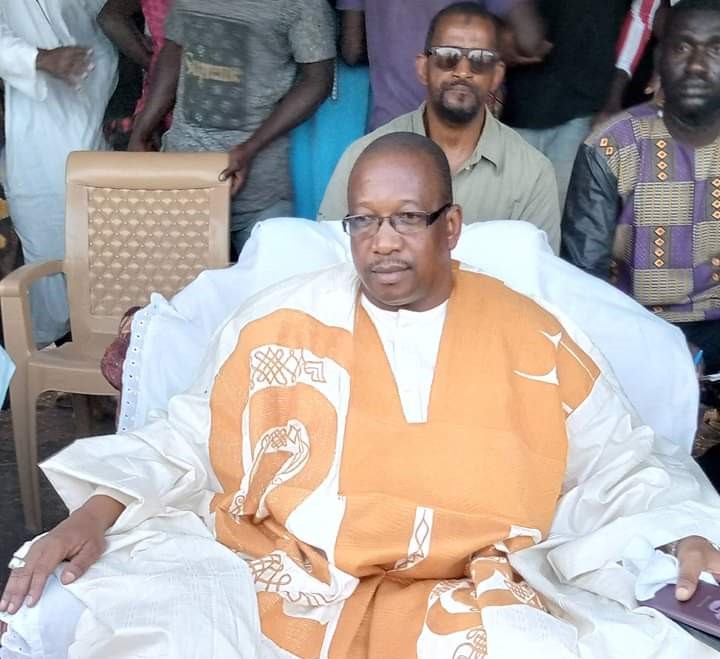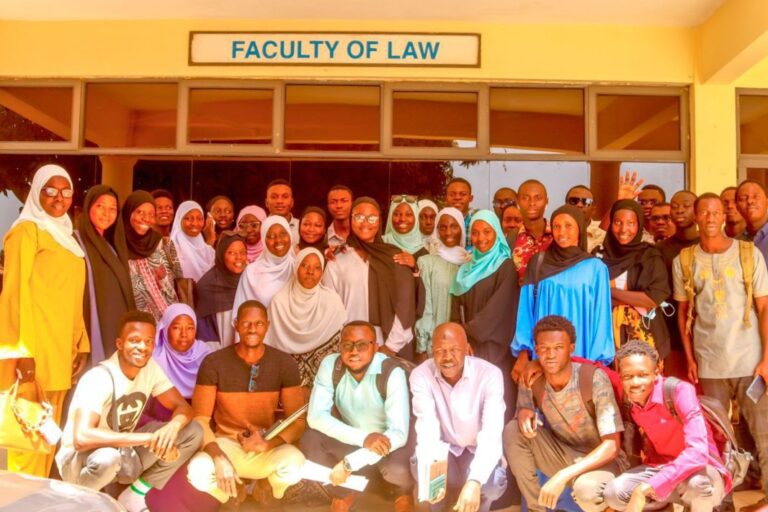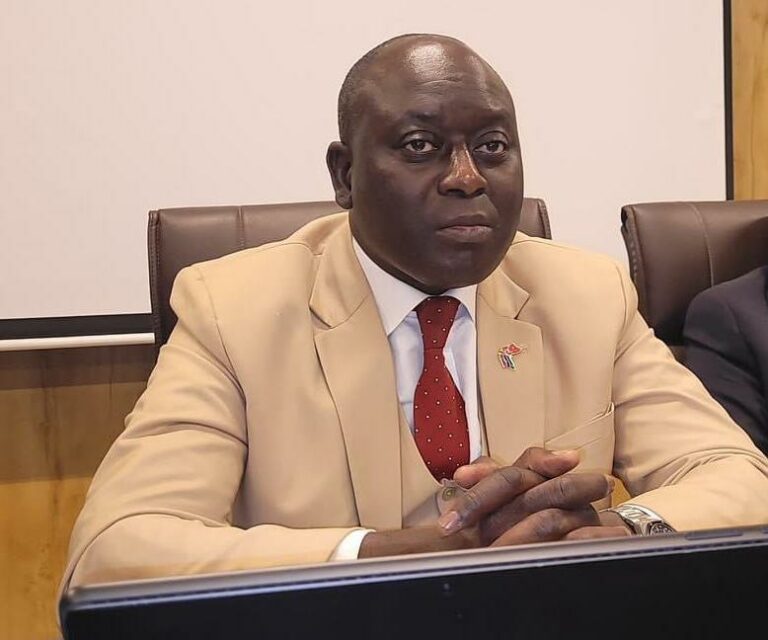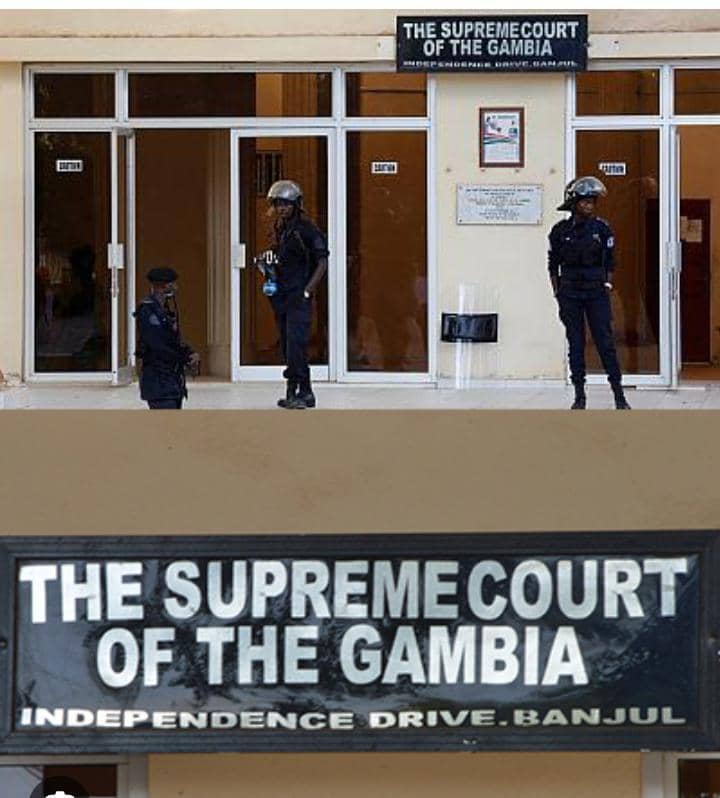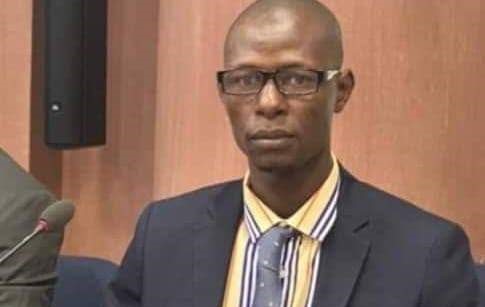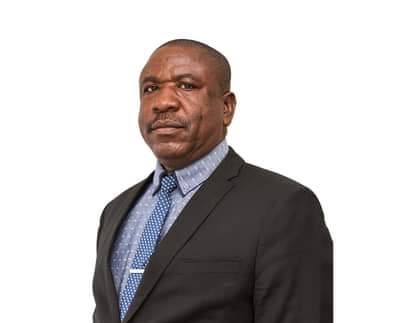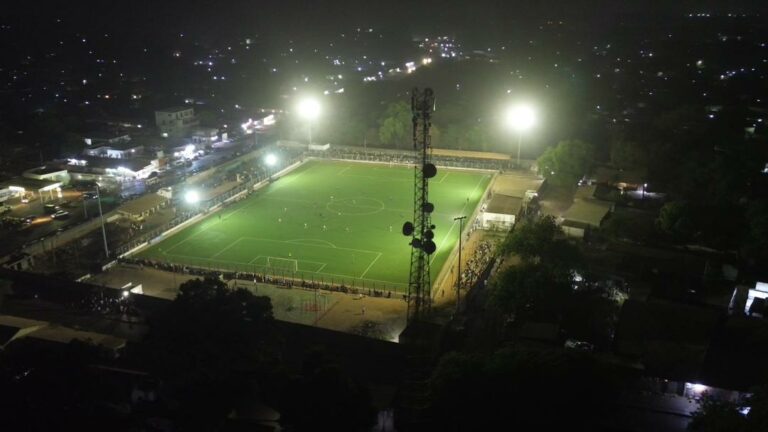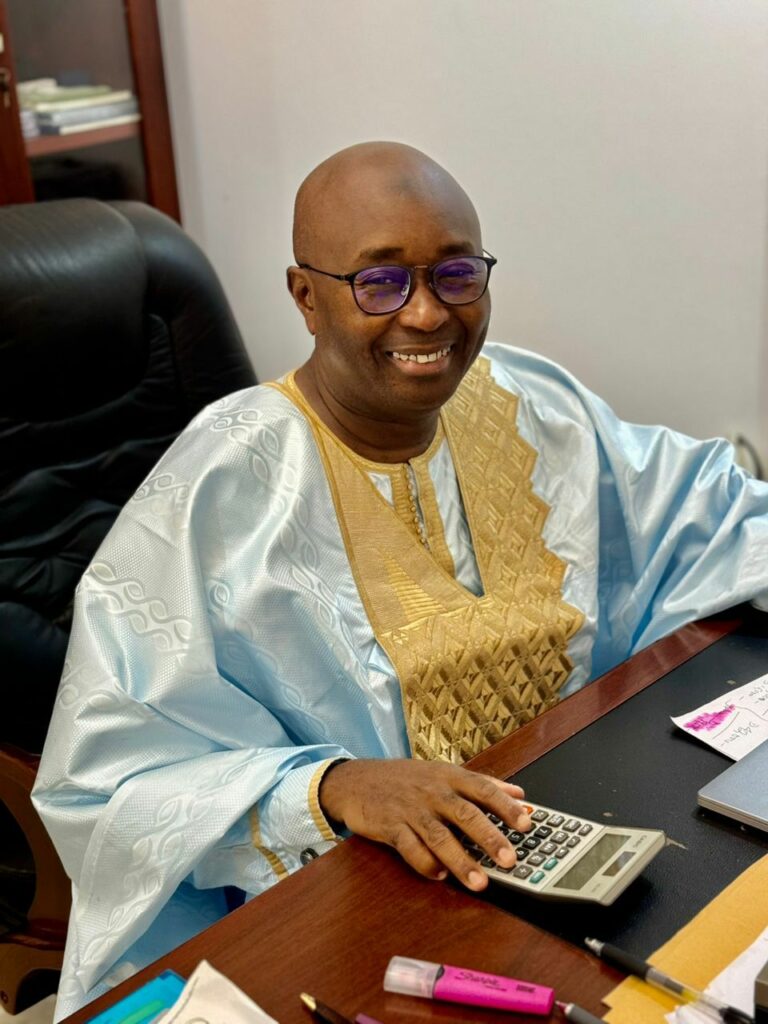OPINION
By Cherno Baba Jallow
Ever the brazen copycats that they are, and ever easily carried away by the hoopla of goings-on in other countries, Gambians have taken to social media to express their admiration for the Patriots of Senegal (PASTEF), the party that won the recent Senegalese presidential elections. Even the party’s ardent critics, on the Gambian side, have joined in the effusive praise of the party about to embark on the business of governance on the other side of the colonial divide.
Gambians, and it is many of them, have gone on a wishful binge: Let us apply the PASTEF blueprint in The Gambia and defeat President Adama Barrow in 2026. Passionate delight in Cinderella moments in foreign lands is a perennial Gambian pastime. But to those reveling in PASTEF’s victory and even dreaming of a similar scenario unfolding in The Gambia, Aristotle has provided an escape route: ‘’It’s the mark of an educated mind to be able to entertain a thought without accepting it.’’ The political realities in the two neighboring countries, save for a few similarities, are several galaxies apart. PASTEF’s DNA is exclusively Senegalese. Trying to replicate it in The Gambia will be an exercise in pointlessness. But why even go there? But then again, originality is not a forte of Gambians.
PASTEF, through its founder Ousmane Sonko, emerged in 2014, initially as a protest movement, to give assent to a quiet, but growing, disquiet, about the old order of Senegalese politics and governance. The system, as it were, was business as usual, a continuation of the politics of patronage and bureaucratic chicanery, dating from the country’s Independence in 1960. The political establishment’s chokehold of the country’s capacity to grow needed to be taken on and defeated.
Sonko and his PASTEF came off as outsiders untainted by the old ways of politicking and leadership. They wanted a break from the past. They deployed impeccable eloquence that resonated with the people worried about high costs of living, corruption and nepotism. To many Senegalese youths unable to find jobs, PASTEF became their only source of hope. Sonko promised to create jobs for them and grow the economy. As a former tax inspector in government, and having first-hand seen practices of tax-evasion, Sonko widened the national conversation on corruption in government.
Sonko also criticized France’s outsize role in Senegalese matters. France, until the Chinese came in, was Senegal’s largest source of foreign investment. A lot of French businesses operate in Senegal, thriving at the expense of local enterprises. France’s unbridled control of the CFA Franc, the common currency for 14 African countries, has caused a widespread resentment in Senegal and other French-speaking African countries. Local realities — economic suffering, corruption, nepotism and leadership trickery —- was one part of the story occasioning the rise of PASTEF and the eventual victory of Bassirou Diomaye Faye in the presidential elections. But the lingering effects of colonialism and the determined will of an aggrieved electorate to cast its lot behind a party willing to redress foreign meddling also played a part.
The Gambian political situation, in relation to electoral dynamics, has no colonial misgivings attendant to it. Gambians see no British tinkering with their country’s life. So, changing the Gambian presidency, which means defeating Barrow in 2026, will purely be on homegrown realities.
Barrow was elected in 2016 not so much for what he could do —- he had little leadership experience and acumen. But rather, and uppermost in voters’ minds, to return normalcy and sanity to Gambian public life. His predecessor’s authoritarianism, dizzying for its rampant killings and disappearances, muzzling of the press and the judiciary, had brought the country to the edge of political instability. Barrow’s arrival helped rescue The Gambia from what it might have been: a smoldering wreckage of its former self. Today, the country is enjoying an unprecedented level of freedom, of the press and of the self. Now, you can insult the president and wake up in the morning after a good night’s sleep.
But eight years on as president, Barrow has failed to bridge the gap between inadequacy and expectation. He was inadequately prepared for statecraft in 2016 – fine. But by now, he should have met or exceeded expectations. His presidency should have done better than this. There is much more to presiding over a peaceful nation basking in unprecedented freedom and liberty. There are jobs and services to be created. Institutions to be built or strengthened. Corruption to be tackled and eliminated. The right people to be hired. And ethical practices in governance to be followed.
Barrow has remained mired in incompetence, indifference and corruption – the three pathologies eating away at his presidency. Going into 2026, Barrow’s challengers have already been gifted these three salient campaign issues to help make a case against the president and to offer a better alternative to the status quo. But who will make this compelling case? Will there be an audience willing and ready to listen and change course? In Senegal, both the protagonists and the audience acted in perfected harmony. Sonko and PASTEF used a combination of populist rhetoric and stark reality to drive a searing narrative on the pathetic situation of the people and the apathetic behavior of government towards its duties to the state. Elections in Senegal tend to be more issues-driven than those in The Gambia. And with a culture of elections dating as far back as 1848, the Senegalese electorate continues to grow more sophisticated and open-minded in its embrace of representative leadership. They once elected a devout Catholic Leopold Sedar Senghor, Senegal’s first president. He led the majority Muslim country for 20 years.
In The Gambia, multiparty democracy, and even more evident in the last few years since Jammeh’s departure, is living true to one of its shortcomings: that it fans tribal loyalties and divisions in Africa. There is no polling data to authenticate how Gambians voted in the last presidential elections. But a gut-wrenching feeling paints a gloomy, if imaginary, anecdote: overwhelming number of Mandinkas voted for UDP’s Ousainou Darboe, an overwhelming number of Fulas for GDC’s Mama Kandeh. President Adama Barrow shared the Mandinka and the Fula votes with Darboe and Kandeh respectively. And all the other tribes — Fula, Wolof Serehule, Jola, etc. — voted massively for Barrow, against Darboe. This is not democracy. This is tribalcrazy. Thus, a PASTEF revolution-like scenario in The Gambia will face a dauntingly steep climb. The political environment is built differently.
Perhaps, an eloquent, charismatic, firebrand and young Gambian leader is in the offing. He or she will take on the system in a way that resonates with the people. He or she will, in an act of genius, immediately make an impact and build a massive following. And he or she will then be voted into office. Miracles do happen, even in politics. But to defeat Barrow in 2026, Gambians cannot just hope and pray for a new kid on the political block.
And nor do they need to be Senegalese. They need to be themselves. They need to do what is known to them, homegrown. They tried it once and succeeded: party coalition. They came together in 2016 and defeated one of Africa’s long-lasting and brutal dictators. Barrow would be less of a fearful and formidable opponent. But only if would-be coalition partners rose above tribe and party.

